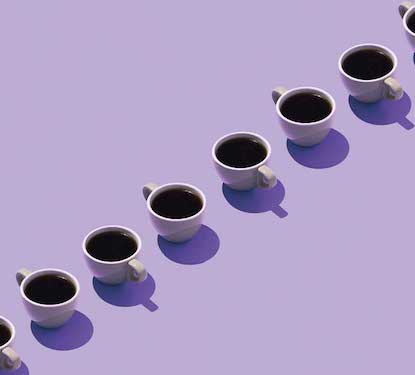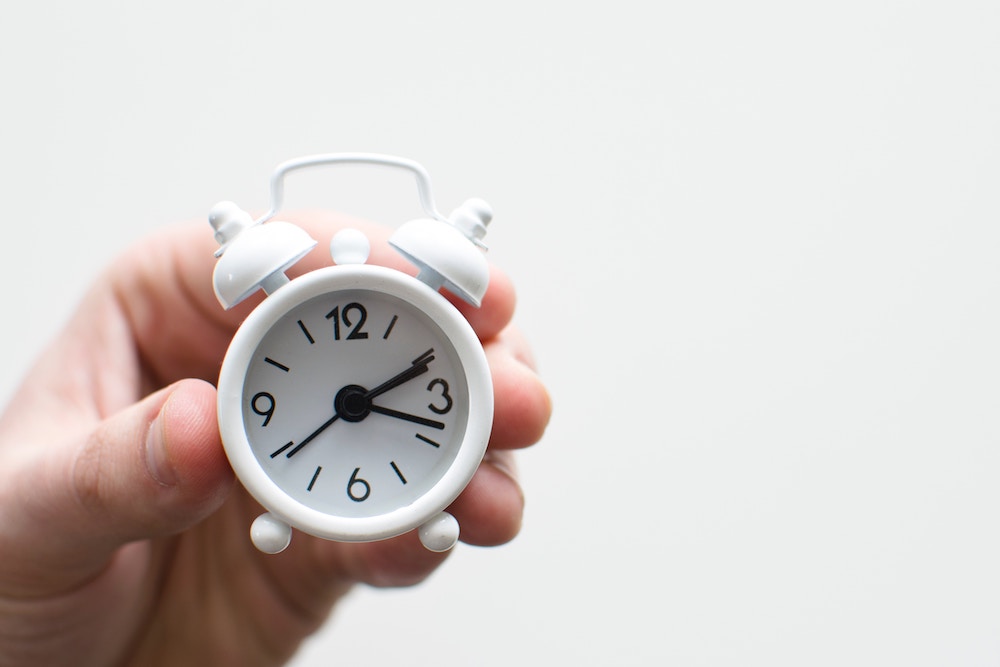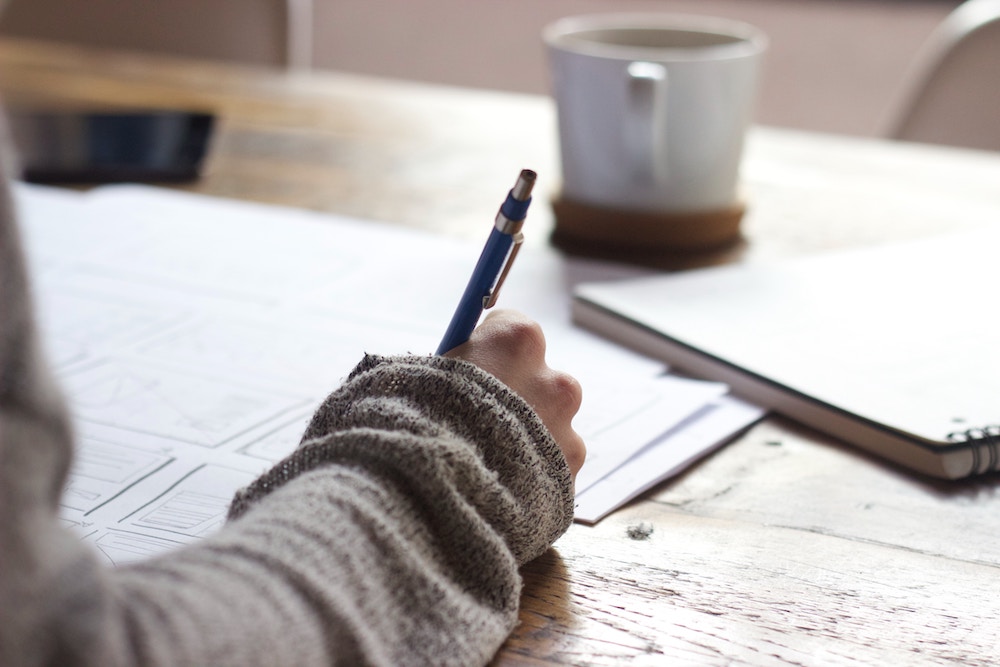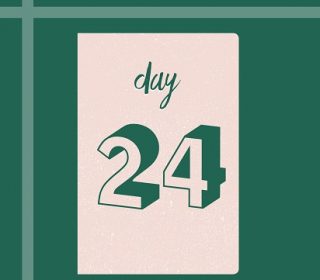The Joy Of Repetition & Rituals

Whenever you hear someone mention ‘rituals’, you might be right in thinking religion, superstition, possibly even secret society ceremonies, resplendent with chanting and the burning of a well-placed effigy. In reality, we all love rituals. They play a vital role in developing healthy cognition and can bring us together and make us feel safe to take on what’s to come.
Psychologist Lorna Denton asserts that it’s not the ritual itself that works, per se, but the state of mind they create. A measured and mindful morning routine can instill a positive mindset and create a successful day.
Specific rituals help us deal with potentially stressful situations and by taking a few deep breaths, repeating positive affirmations and adopting the Superhero stance (an ‘X’ shape, legs out wide, fists punching the air) can bring reassurance and improve your confidence and performance.
This is why ancient societies developed rituals in the first place, Lorna explains. “Although specific origins are impossible to pin down, we know many rituals were adopted by societies that did not have science to explain the world like we do today. When there were no answers, rituals were played out to bring control, safety, and comfort. That exists even to this day; rituals continue to play a key role in enforcing our positive feelings and behaviours.”
Other professionals also commonly use rituals to create positive mindsets. In her psychology practice, Lorna uses a variety of repetitive techniques that have helped countless clients overcome severe depression and anxiety.
“I encourage people with low self-esteem to record positive events and how they make them a good person. They set an alarm five times a day, read through their list of positives, and add a new one. The repetition reinforces positive self-talk and eventually embeds a lasting sense of self-worth. It’s really powerful and has been life-changing for many of my clients.
“Rituals don’t always harbour positivity though,” warns Lorna. “Like anything in life, there is a negative flipside. Although rituals are important, they must be handled carefully as they can normalise destructive behaviour. Obsessive disorders, such as OCD, involve ritualistic type behaviour in order for a person to feel a sense of control, when in fact it does the opposite and leads them to feel increasingly powerless.”
Bringing routines bang up to date
In the main, rituals are a healthy, vital part of every day contemporary living. Centuries old, they enrich the process of being human. Intuitive Life Coach Roberta Smart explains: “Shared behaviour, centralised within a community creates a shared value of trust.” It’s this need for connection and enhancement of the collective experience that ensures life events are marked in both religious and non-religious ceremonies. The blowing out of birthday candles and raising a toast are so ingrained in our culture, to refuse to join in would seem churlish or insolent.
Then there are the more spiritual connotations of ritual. Roberta notes that in recent years, we have seen a rise in self-improvement rituals: we are encouraged to embrace meditation, yoga, journaling and affirmations to calm ourselves, increase productivity and improve our mindset.
So, does modern-day society underestimate the inherent wisdom of the ritual? Absolutely not, according to Roberta. “Rather than seeing a loss of ritual in modern Britain, I would say we are returning to more natural rhythms, a deep psychological need for ritualised behaviours and shared rituals as we seek to counteract our sense of isolation in an increasingly digital world.”
If you’re in any doubt as to the role of rituals in the digital age, just look in your app store. Want to pray five times a day? Need to chart your monthly cycles? Want to
track your daily meditation practice? There’s an app for that…
Lorna Denton is a practicing psychologist. For more information, visit yourmindsetcoach.co.uk. Roberta Smart is an intuitive life coach, visit robertaleesmart.com
The Power of Three
A quick hat-trick of hacks to de-stress your every day.
1. Make use of your morning
A mindful morning routine will create positive vibes that spill into the rest of your day.
1. Get up as soon as the alarm goes off. Hitting the snooze button makes you more sluggish, and you’ll end up queueing for the bathroom or struggling to find a quiet space, equalling a more stressful start.
2. Sit quietly, drink a glass of water and take a few deep, calming breaths.
3. Write down three reasons to be grateful. The benefits of practicing gratitude include improved physical and mental health, better sleep, increased mental strength, self-esteem, empathy and reduced stress.
4. Look over your diary/schedule to help bring focus to what you need to achieve.
5. Adopt the Superhero stance and tell yourself this is going to be a fantastic day.
2. Free yourself
The instant effects of the Emotional Freedom Technique (EFT) have been well documented in medical and scientific studies since 1995. EFT combines Eastern acupressure with Western psychotherapy, tapping energy meridians around
the body while repeating affirmations. It’s easy to learn (there are videos online), and it can be done anywhere. Try it, and it could help to reduce stress, depression, anxiety, tension headaches, muscular tension and joint pain as well as improving your sleep.
3. Let’s go to bed…
An evening routine to calm your mind and prepare for the land of nod regulates your natural sleep/wake rhythm and sets your body clock to ‘sleep well, wake refreshed’.
1. Put all your devices away an hour before bed. The light stimulates the brain, emails cause stress, and games and social media are addictive.
2. Make sure your bedroom is comfortable, clutter-free and at a nice temperature.
3. Have a warm bath with an essential oil to relax your body and soothe away tension.
4. Quiet your mind with breathing exercises or meditation. Find a video on YouTube, but ensure it’s one you listen to, not watch.
5. If you can’t sleep, don’t clock-watch. Get up and do something relaxing (reading, meditation) until you’re ready to drop off.










